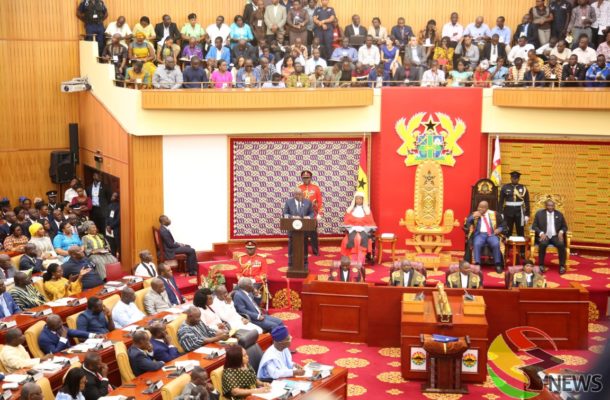
Cabinet has approved Ghana’s controversial right to information bill (RTI), which if passed, would give effect to the country’s constitutionally guaranteed fundamental right to information with ease.
The bill, championed by the Institute of Economic Affairs some 22 years ago, has hit several snags and dragged on for 15 years after it was first tabled before parliament for consideration and passage.
Promises by successive governments including a recent one by the Akufo-Addo-led government to ensure its passage have not yielded positive results yet, a situation that forced pressure group, Right to Information Coalition to issue a 10-day ultimatum to government to lay the RTI bill before parliament.
It emerged last Friday that the bill was not going to be laid before the House for the legislators to pass it into law, as it did not form part of the business activity of Parliament for this week.
Vice President Alhaji Mahammudu Bawumia however said on Monday that Cabinet last week cleared one hurdle by giving approval for the RTI bill to be laid before parliament but unclear whether it will be done before Friday when parliament is scheduled to rise for the Easter holidays.
“Cabinet has given approval to the right to information bill to be laid in parliament for debate and approval,” he said at the official launch of the Norwegian fund, NORFUND, in Accra
Alhaji Bawumia indicated “it is very, very critical that we pass the right to information bill” to give further give impetus to “our cup in the fight against corruption”.
The latest revelation is likely to cause great joy among Ghanaians, especially civil society, who have over the years been pushing for the passage of the bill to among other things, give a boost to the fight against corruption in the country.
Government came out with its draft, reviewed it in 2003, 2005 and 2007 but never took it to Parliament until February 5, 2010.
In 2012, the bill lapsed and was re-laid in 2016.
In the final days of the 6th parliament, an effort by then majority leader Alban Bagbin to have the legislation passed was not successful following objection by the then minority New Patriotic Party (NPP).
The passage of the bill is one of the promises in the 2016 2016 manifesto of the NPP.




